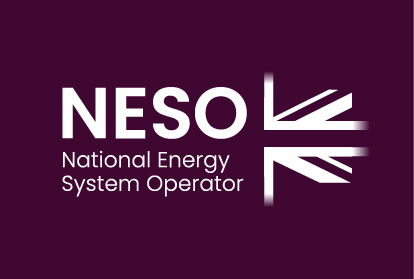The Worldwide electricity industry recognises that there are parallel challenges within the field of electricity transmission which are more economically investigated and addressed through collaborative learning and knowledge generation among key industry stakeholders. The Electric Power Research Institution (EPRI), with its wide international membership, takes a key role in determining and delivering the most impactful R&D projects. This portfolio of work is focused on Grid Operations and Control (GOC) which address key aspects of National Grid’s Innovation Strategy.
Today's power system must be operated to meet objectives for which it was not explicitly designed. The transmission system is operated to transfer larger amounts of energy over greater distances utilizing an increasingly higher percentage of non-traditional resources than were considered when it was built. Generation resources are more constrained and increasingly more variable and uncertain. Demand resources are now considered as an option for resource adequacy and providing ancillary services in many regions. All of the changes are occurring at a rate that is outpacing corresponding growth in transmission infrastructure. As a result, today’s grid is operated much closer to the margin.
Under these circumstances, it is imperative that operators be provided with good information based on real-time data regarding the status of the system, as well as decision-making support to respond to rapid changes that might occur in the near future. The emergence of new sources of real-time data that are becoming available from synchrophasor measurements, asset health sensors, and forecasts of future load and variable renewable output levels enable the possibility of providing operators with increased situational awareness and advanced decision-support tools. System operators need such tools to continue reliably and economically to operate the system in the face of emerging challenges.
EPRI’s Grid Operations research program is addressing these needs by improving real-time situational awareness, developing tools that use synchrophasor and other measurements to assess the present system operating point relative to thermal, transient, and voltage stability operating limits, and developing tools to manage the grid through extreme events and restore the system in the event of an outage.
Benefits
EPRI’s varied portfolio enables National Grid to select appropriate R & D projects that align to delivering benefits to consumers covering objectives relating of Grid Operations and Control. Each project provides opportunities for extensive learning and knowledge generation through collaboration which would not be economically feasible if carried out independently. All GOC Projects will create new learning opportunities into assessing the reliability and performance of the Network’s operation systems.
Expecting impacts from the selected projects include:
- Increase reliability through improved system operators’ situational awareness afforded by comprehensive operating boundary/margin visualizations.
- Increase reliability and equipment utilization through improved system operators’ monitoring of critical equipment and potentially dangerous situations, and the integration of asset health into control room analysis functions.
- Increase security through reducing the risk of cascading outages caused by insufficient operating margins or equipment failures.
- Provide guidance on study tools, techniques, procedures, and modeling for investigating voltage stability.
- Identify mitigation measures.
- Provide situational awareness for potential voltage stability issues.
- Facilitate decision making to help avoid or mitigate a potential voltage instability scenario.
- Provide operators an ability to arrive at an optimized plan for reactive power resources allocation and voltage profile to be followed over the course of a day. Also, provide guidance and strategies to maintain system security under foreseen system changes and events, as well as unexpected contingencies.




